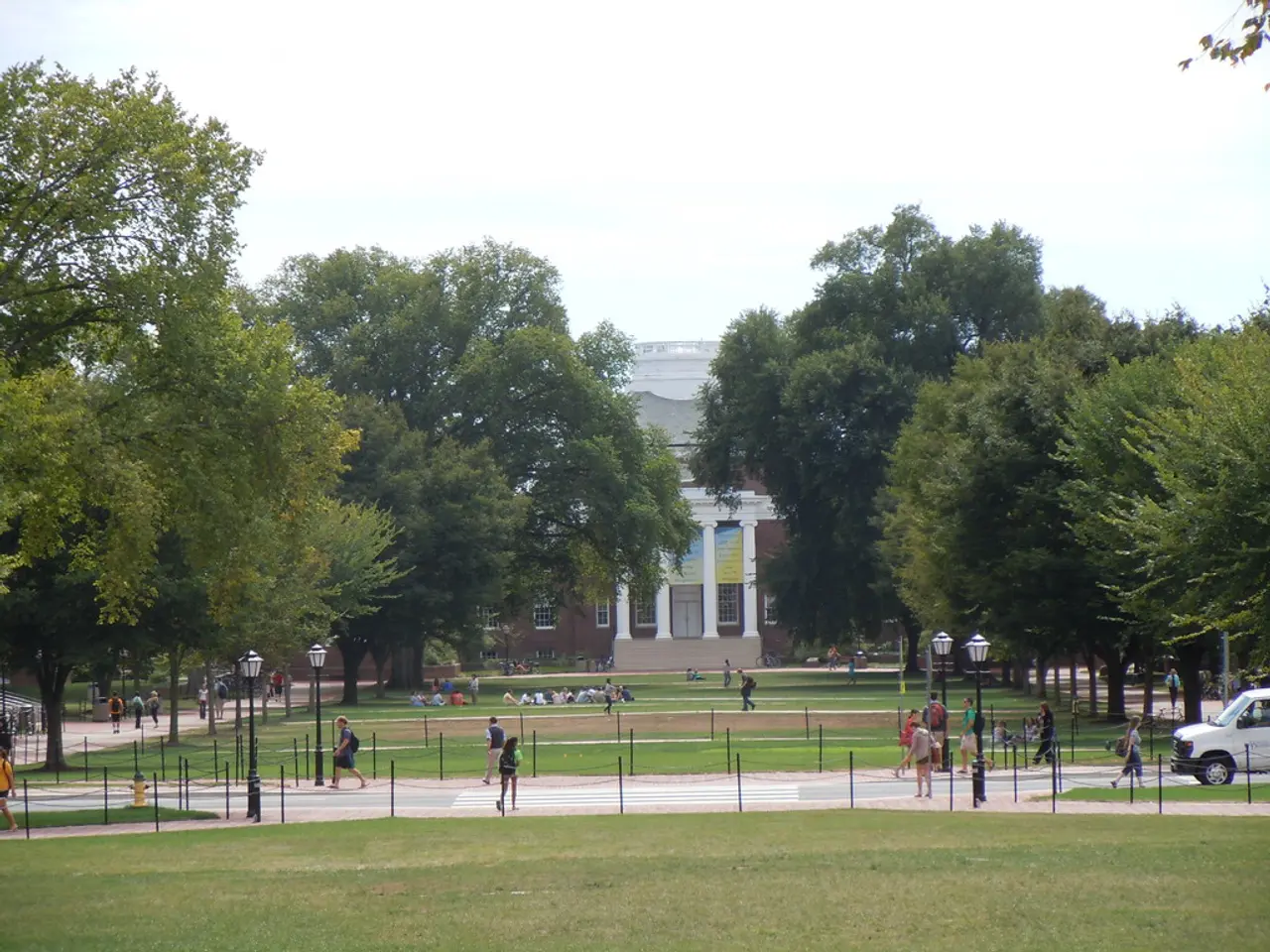Canada Educational Journey: Prominent Universities, Programs, and Application Steps
Are you considering studying in Canada at some of the world's top universities? Here's a comprehensive guide for Indian students, focusing on the requirements and benefits when applying to the University of Toronto, University of British Columbia, and McGill University.
Study Permit Requirements for Indian Students
- Letter of Acceptance (LOA) from a Designated Learning Institution (DLI): The university you plan to attend must be recognized as a DLI. The University of Toronto, University of British Columbia, and McGill University are DLIs, so their admission letters qualify for study permit applications.
- Proof of Financial Support: Starting September 1, 2025, Indian students must demonstrate at least CAN $22,895 (approximately ₹14 lakh) for living expenses in addition to the first year's tuition fees and travel costs.
- Language Proficiency: Most universities require a minimum IELTS Academic score generally around 6.5 to 7.0 overall, sometimes with minimum band scores.
- Other Documents:
- Valid passport
- Proof of identity
- Immigration forms
- Meeting health and criminal record checks as applicable
- Application Process: Indian students must apply online for the study permit through the official Government of Canada website well before arrival.
Work After Graduation: Post-Graduate Work Permit (PGWP)
- Eligibility for PGWP:
- Graduate from a recognized Canadian DLI (which includes University of Toronto, UBC, and McGill)
- Have completed a program of at least 8 months duration (usually full-time)
- Hold a valid study permit at the time of application
- Benefits of PGWP:
- Open work permit allowing work with almost any employer anywhere in Canada
- No job offer or Labour Market Impact Assessment (LMIA) required
- Duration varies but can be up to 3 years depending on the length of the study program
- Importance of PGWP: It allows Indian graduates to gain Canadian work experience, which is essential for applying for permanent residency through Express Entry or other immigration pathways.
Summary Table
| Requirement | Details | |-------------------------------|---------------------------------------------------------------------------------------------------| | Admission | LOA from DLI (e.g., UofT, UBC, McGill) | | Financial Proof | Minimum CAN $22,895 for living expenses + tuition + travel expenses (from Sep 1, 2025) | | Language Test | IELTS Academic (commonly 6.5 to 7.0 for university admission; 6.0 minimum for SDS permit) | | Study Permit Application | Online via Canada.ca, valid passport, identity, supporting documents, no criminal record | | Work During Study | Up to 24 hours/week off-campus during sessions, unlimited during breaks (with valid permit + SIN) | | Post-Graduation Work Permit | Open work permit for up to 3 years; requires graduation from eligible DLI and valid study permit |
These requirements reflect the current policies updated for 2025 and are especially applicable to Indian students aspiring to study at top Canadian universities. Always check the university’s official admission website as they might have slightly higher or additional criteria than the government baseline.
If you want to ensure your application meets the exact university admission standards, always check the university’s official admission website as they might have slightly higher or additional criteria than the government baseline.
Additional information:
- Students may need to undergo a Medical examination.
- The University of Toronto is ranked as the second-best university in Canada.
- The QS University Rankings 2026 place the University of Toronto in the top position for all major subject areas.
- Students must submit proof of funds for tuition, living expenses, and return transportation.
- The University of British Columbia is ranked third best in Canada.
- The University of British Columbia provides 255 bachelor's courses.
- The University of Toronto ranks globally at position 14 for Arts and Humanities.
- The University of Toronto ranks globally at position 13 for Life Sciences and Medicine.
- The University of Toronto ranks globally at position 17 for Engineering and Technology.
- McGill University is ranked 27th globally.
- Arts and Humanities - 36 at McGill University.
- Natural Sciences - 48 at McGill University.
- Engineering and Technology - 45 at McGill University.
- Life Sciences and Medicine - 27 at McGill University.
- The University of British Columbia provides 236 master's courses.
- In addition to pursuing education at prestigious universities like the University of Toronto, University of British Columbia, and McGill University, Indian students can also delve into online education and personal development opportunities to enhance their learning experience.
- Post completing their studies and obtaining a Post-Graduate Work Permit (PGWP), Indian graduates can utilize this period for continuing their education-and-self-development through online learning.




